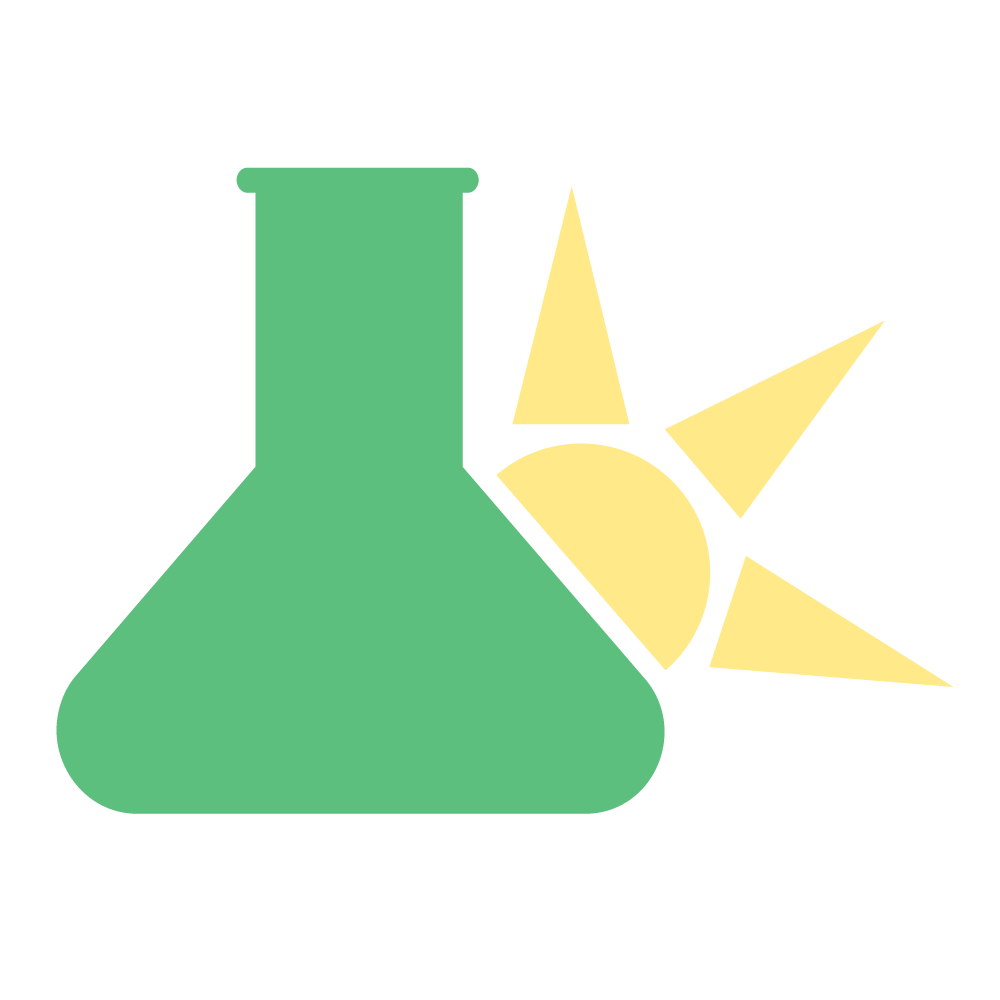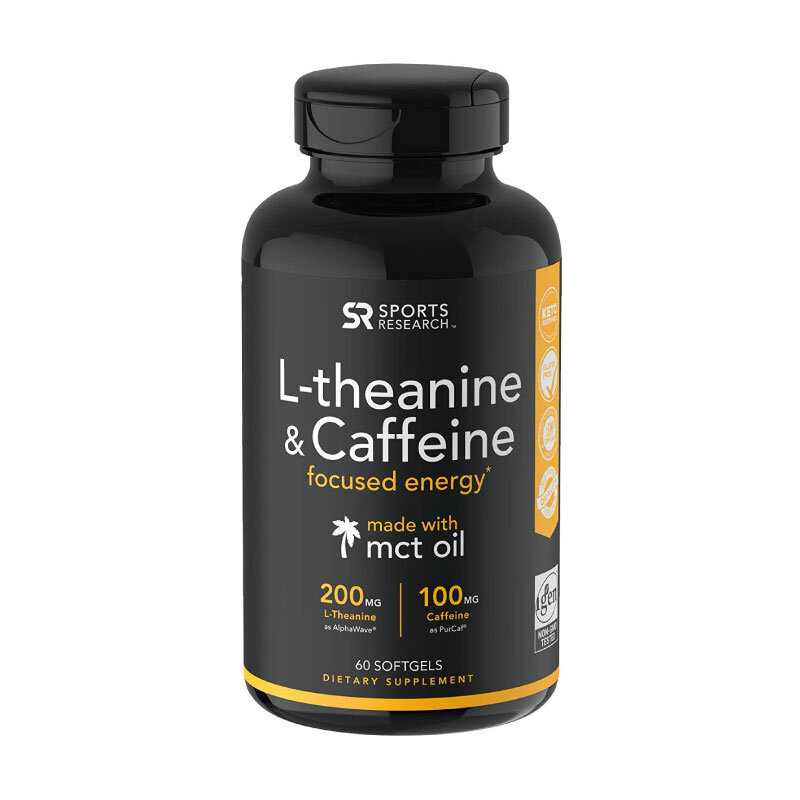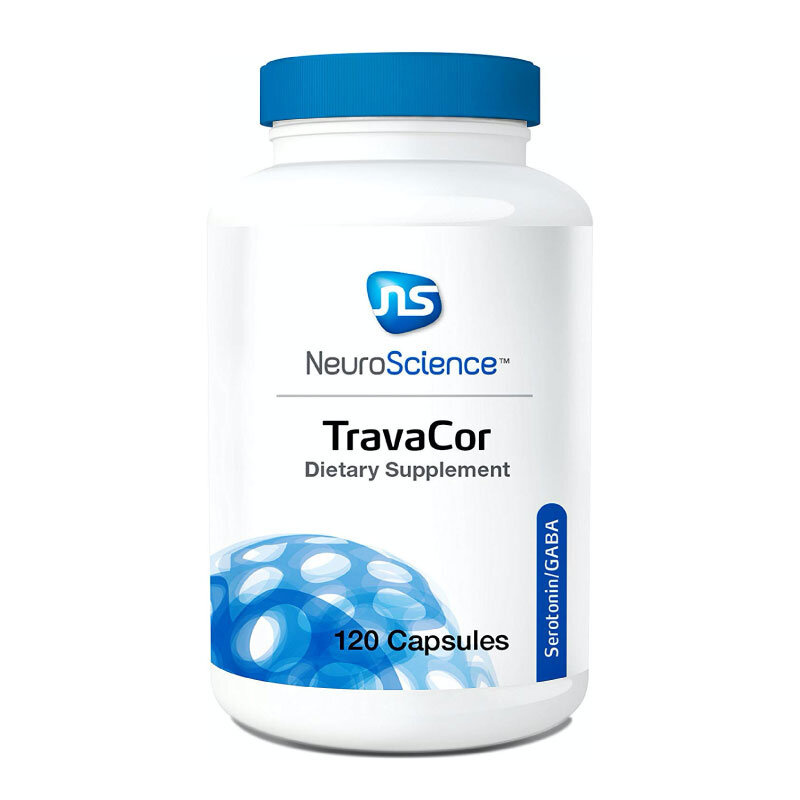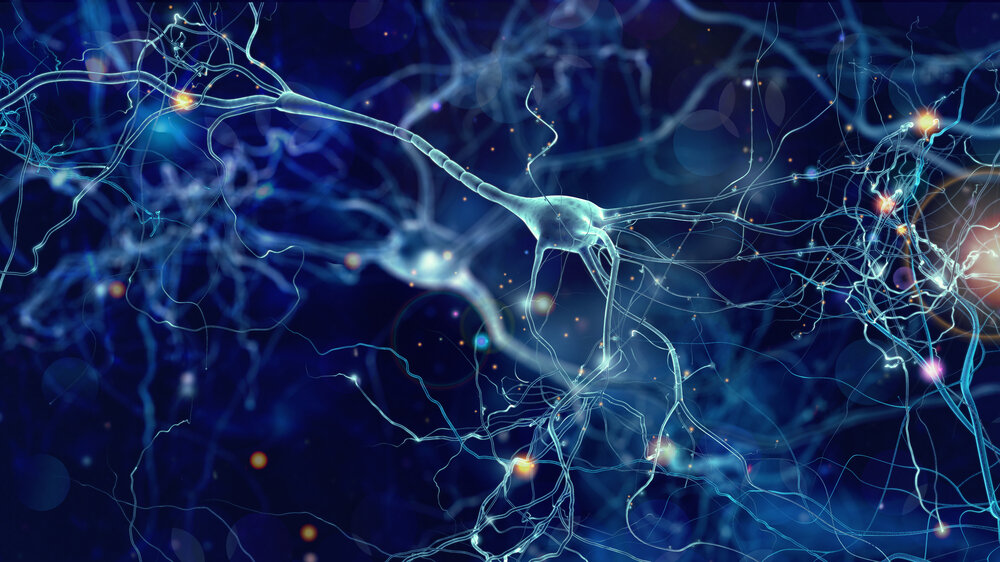What is L-Theanine?
L-Theanine is an amino acid analog found commonly in the plant that gives us green, black and oolong tea (Camellia sinensis).
In recent years it's become a popular supplement for the brain and cardiovascular systems.
By mimicking neurotransmitters, L-Theanine induces a state of relaxed focus. It's incredibly useful as a nootropic, helping to address states of hyperstimulation such as anxiety or muscle tension, as well as for optimizing the effects of other substances like caffeine or stimulating herbs/medications.
L-Theanine is easily obtained in pure form online, or through high-quality shade-grown green tea such as matcha or gyokuro. It combines very well with caffeine and was shown to ameliorate many of the adverse side effects of this common stimulant.
Featured L-Theanine
New to nootropics? Check out this Introduction to Nootropics!
Where Does L-Theanine Come From?
L-theanine is an amino acid isomer found naturally in plants of the Theaceae family, Camellia sinensis primarily. In this species, the L-Theanine content is especially high in shade grown crops like Gyokuro or high quality sencha.
High-quality Matcha is a great source of L-theanine
L-Theanine In Tea
A many as 50% of the amino acids in green tea comes in the form of theanine, comprising about 1-2% of the total weight of the dried leaf [3].
There seems to be some research being cited on the internet stating that L-Theanine content is higher in black tea than green tea. There are several problems with this study.
For starters, the study was done using tea bags, which are notoriously weak in quality, and not a good representation of the health benefits of tea in general. Additionally, the methods section of this paper offers poor information on the source and style of the drink, which is essential to consider based on the fact that we know L-Theanine is highest in shade-grown, high-quality green tea. This is because of well-known mechanisms involving a breakdown of L-theanine in the presence of sunlight.
The evidence strongly suggests that the best source of L-Theanine is specifically shade-grown green tea. This includes beverages like Gyokuro, Matcha, and high grade or specialty sencha Japanese green teas.
+ Indications
- Depression
- In combination with caffeine
- Anxiety
- To improve memory
- To improve concentration
- Alzheimer's disease
- Certain Cancers
- Insomnia
- Chronic stress
- Cardiovascular disease
+ Contraindications
None noted.
+ Mechanisms
- Dopaminergic
- Cerebrovasodilator
Actions:
- Relaxant
- Sedative (Mild)
- Euphoric
- Reduces stress
- Vasodilator
- Neuroprotective
- Anxiolytic
- Antidepressant (Mild)
Dosage
Chemical Description
L-Theanine is an amino acid isomer found in the tea plant (Camellia sinensis). It comprises about 50% of the leaves amino acid content, making up about 1-2% of the total dried leaf weight [3].
An isomer means that there are two mirror-image versions of the same thing. It’s like your right and left hands, they look exactly the same except for the fact that they are each flipped on their axis.
In the same way, there are two versions of theanine, D-theanine, and L-theanine.
L-Theanine is generally the preferred version for use as a nootropic because it’s more common in the plant, and has much more scientific research behind it.
L-Theanine is an amino acid analog of the proteogenic amino acids L-glutamate and L-glutamine [1].
D-Theanine was shown to reduce the absorption of L-Theanine in the gut [7].
Pharmacognosy of L-Theanine
Pharmacologically, L-Theanine is considered to be a mild sedative, anxiolytic (reduces anxiety), a vasodilator (widens blood vessels), neuroprotective, and mildly euphoric.
It mimics a similar looking neurotransmitter called glutamate, which is the brains primary stimulating neurotransmitter. By mimicking this neurotransmitter, L-Theanine is able to reduce its effects, effectively turning down the brains hyperactive state.
The benefits for such effects include:
- Calms overactive thoughts
- Shortens the time it takes to fall asleep
- Improves the ability to stay asleep throughout the night
- Reduces symptoms of anxiety
- Lowers the sensation of stress
L-Theanine also modulates other neurotransmitters such as dopamine.
Dopamine has been found to be exceptionally low in those suffering from conditions like ADD or ADHD. L-Theanine was shown in one study to increase the dopamine levels in the brain [2].
L-Theanine Supplements
The tea plant produces two isomers of theanine, D-Theanine, and L-Theanine. L-Theanine is considered the therapeutically active version of the amino acid.
Most commercial products will contain both isomers. Only one product, Suntheanine® was found to have pure L-Theanine. This is because of a patented fermentation process that produces only pure L-Theanine. [6].
Pharmacology & Medical Research
+ Dopaminergic
L-Theanine was shown to produce a dose-dependent increase in striatal dopamine release via intragastric and intravenous injections [2]. This was shown to be mediated through the NMDA receptors. In this same study, noradrenaline release was found to be unaffected by the L-Theanine.
Toxicity
No negative side effects were noted in the dosage range of 200-400 mg/day.
Synergy
Synergistic with caffeine. Works to reduce the side effects of caffeine, and improved cognitive enhancing ability. L-theanine is calming and enhances concentration, caffeine stimulates the mind and reduces fatigue and sleepiness.
Recent Blog Posts:
References:
Nathan PJ, Lu K, Gray M, Oliver C (2006) The neuropharmacology of L- theanine(N-ethyl-L-glutamine): A possible neuroprotective and cognitive enhancing agent. J Herb Pharmacother 6:21–30
Yokogoshi, H., Mochizuki, M., & Saitoh, K. (1998). Theanine-induced reduction of brain serotonin concentration in rats. Bioscience, biotechnology, and biochemistry, 62(4), 816-817.
Goto, T., Yoshida, Y., Amano, I., & Horie, H. (1996). Chemical composition of commercially available Japanese green tea. Foods Food Ingredients J. Jpn, 170, 46-51.
Kimura, R., & Murata, T. (1971). Influence of alkylamides of glutamic acid and related compounds on the central nervous system. I. Central depressant effect of theanine. Chemical and Pharmaceutical Bulletin, 19(6), 1257-1261.
Lyon, M. R., Kapoor, M. P., & Juneja, L. R. (2011). The effects of L-theanine (Suntheanine®) on objective sleep quality in boys with attention deficit hyperactivity disorder (ADHD): a randomized, double-blind, placebo-controlled clinical trial. Alternative medicine review, 16(4), 348.
Desai, M. J., & Armstrong, D. W. (2004). Analysis of derivatized and underivatized theanine enantiomers by high‐performance liquid chromatography/atmospheric pressure ionization‐mass spectrometry. Rapid communications in mass spectrometry, 18(3), 251-256.
Desai, M. J., Gill, M. S., Hsu, W. H., & Armstrong, D. W. (2005). Pharmacokinetics of theanine enantiomers in rats. Chirality, 17(3), 154-162.










As COVID-19 continues to spread around the world, we’re getting a lot of questions on what the potential role of herbal medicine is during the outbreak. Learn how the virus works and how to limit your chances of transmission.